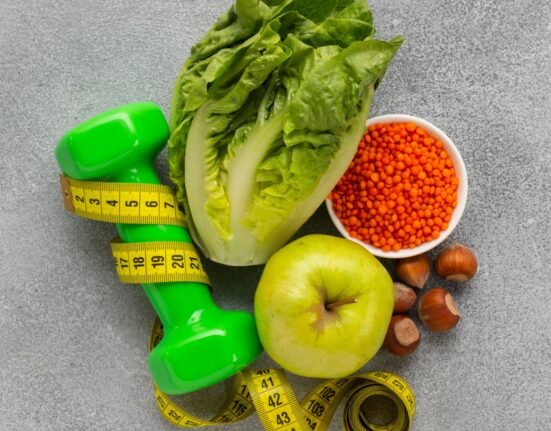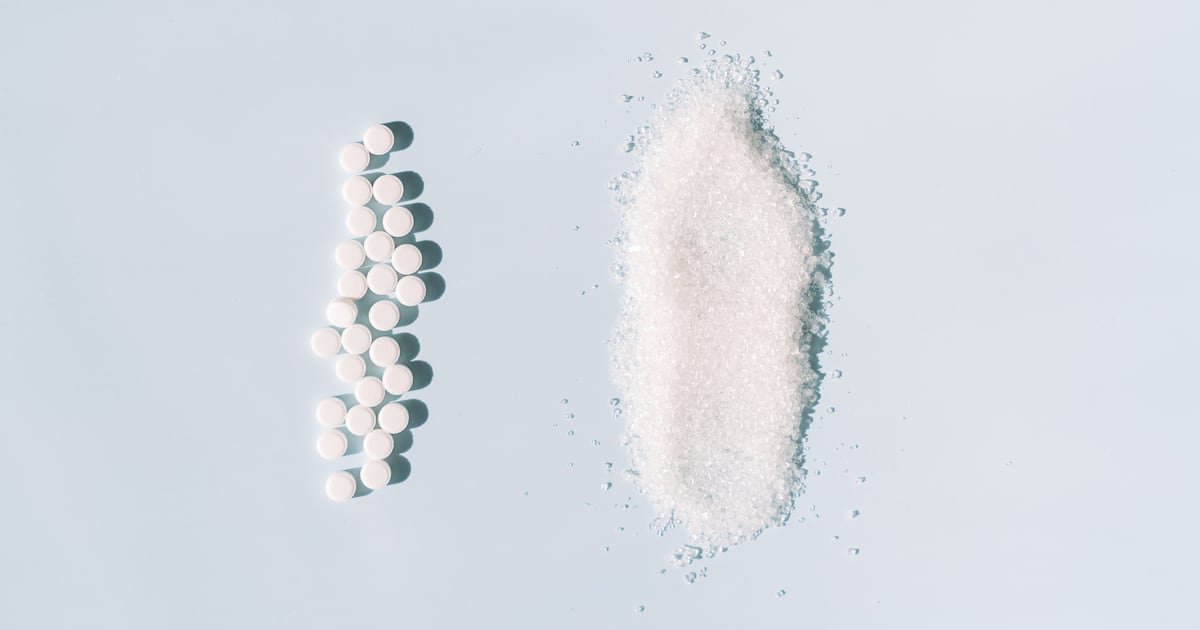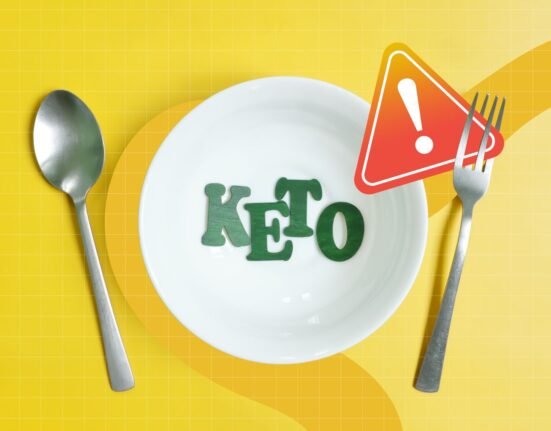
Researchers raise the alarm on sweeteners
- Some sweeteners have been linked to early puberty
- Genetic disposition in kids heightens risk
- Girls and boys react differently to different sweeteners
- Is aspartame a concern for early onset puberty? The jury’s out
Researchers are concerned about the effect of artificial and natural sweeteners on kids.
New research out of Asia suggests that consuming artificial sweeteners aspartame and sucralose, natural sweetener glycyrrhizin, and added sugars, could increase the risk of early puberty.
It’s feared the more sweeteners kids consume, the greater the risk.
Studying the effects of sweetener intake in teens
The findings come from a large-scale study in Taiwan. Using data collected since 2018, researchers could see that a type of early puberty known as precocious puberty was diagnosed in just over a third of teens in the study.
Precocious puberty can result in emotional distress, shorter adult height, and greater risk of metabolic and reproductive disorders later in life.
Genetic predisposition to early onset puberty was also examined. “This study is one of the first to connect modern dietary habits – specifically sweetener intake – with both genetic factors and early puberty development in a large, real-world cohort,” explains Yang-Ching Chen of Taipei Medical University in Taiwan.
“It also highlights gender differences in how sweeteners affect boys and girls, adding an important layer to our understanding of individualised health risks.”
Boys and girls react differently to sweeteners
So how did the results compare for male and female teens?
Sweeteners explained
- Aspartame is an artificial sweetener approximately 200 times sweeter than sugar. It’s made from two amino acids (L-aspartic acid and L-phenylalanine) found in nature. In the EU, aspartame is also known as E951.
- Sucralose is an artificial sweetener made by altering sugar molecules. It’s around 600 times sweeter than table sugar and is calorie-free. In the EU, sucralose is also known as E955.
- Glycyrrhizin is a natural sweetener sourced from the roots of the liquorice plant. It’s about 30-50 times sweeter than table sugar and is not metabolised, meaning it’s also calorie-free. The EU suggests no more than 100mg of glycyrrhizin should be consumed per day.
Interestingly, different sexes reacted differently to each sweetener. For boys, sucralose intake was associated with a higher risk of premature puberty.
For girls, sucralose, glycyrrhizin and added sugars were all linked to a higher risk of the same condition.
The risks were especially high for children with certain genetic traits.
Aspartame found to delay puberty, not advance it
When it comes to aspartame, things get more complicated. Previous research by the same team actually found a link between aspartame consumption and delayed puberty.
The more recent study, which suggests the opposite is true, has yet to be published in full. But already, the sweeteners industry is questioning its “validity” and “interpretation”.
The International Sweeteners Association (ISA) takes issue with the “limited information” regarding its methodology. The trade body is also concerned that observational studies, like Chen’s, struggle to prove causation.
Other factors have also been flagged by the ISA, notably around how sweetener consumption was recorded. Children who were already starting puberty might have changed their eating habits, and sweetener intake was based on what participants remembered eating, which isn’t always reliable.
But for the researchers, the findings are worrying enough that they want families, pediatricians and public health authorities to take note. By screening for genetic risk and by moderating sweetener intake, they believe early puberty could be prevented.
“This could lead to new dietary guidelines or risk assessment tools for children, supporting healthier development,” says Chen.













Leave feedback about this